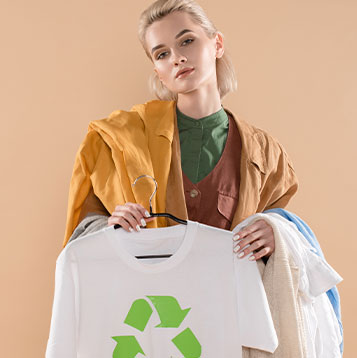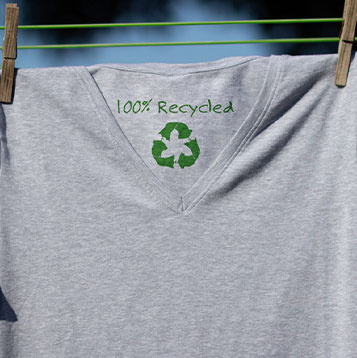Sustainable Products
We are right at the beginning of the long wood-pulp-fibre-fabric- fashion chain & supply the basic raw material to the textile industry, which is the fibre. Hence, we have a dual responsibility of not only making the basic raw material more sustainable but also to enable and empower the upstream supply chain and the downstream value chain to do the same.

Attributes of Sustainable MMCF
Birla Cellulose fibres come from nature and go back to nature. Here are some of the attributes and sustainability credentials of our product
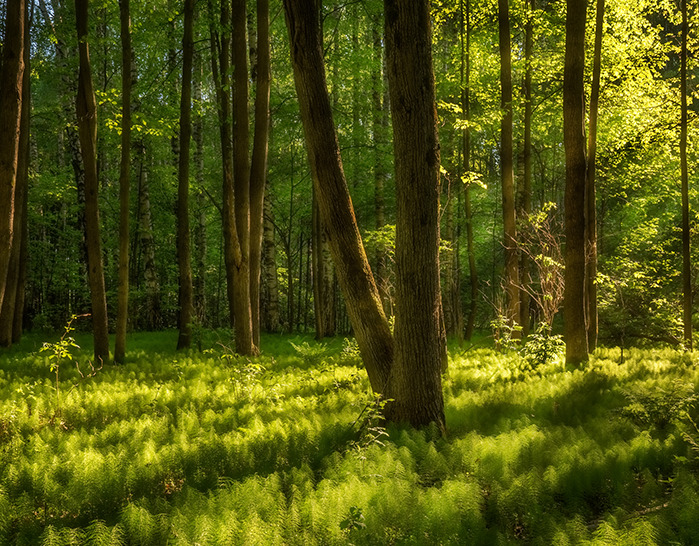
- Based on naturally occurring cellulose from wood, a renewable raw material from sustainably managed forests
- No land pollution as insecticides, pesticides & fertilizers are not used in forests
- Forests helps in carbon sequestering and thus reducing the impact of climate change
- Land & water requirements a fraction of other natural fibres such as cotton
- Water consumption in viscose making is nearly 1% of water used in cultivating conventional cotton
- Pre- and post-consumer waste can be converted to fibre again resulting in circular products
- Made using closed-loop system minimizing the use of chemicals, water and energy
- Dope-dyed viscose fibres eliminate use of dyes and auxiliary chemicals in downstream process and eliminate wastewater generation

- Higher moisture absorption as compared to other fibres
- Soft, lightweight and brilliant lustre
- No unpleasant odours and skin friendly (no skin irritation)
- Excellent blending ability with other natural and synthetic fibres
- Large range of colours and good drape (fluid fabrics)
- Retains freshness even after repeated washes
- Good wet strength in Modal & Lyocell

- Fully biodegradable, and fastest biodegradability (nearly 4 weeks) among all types of fibres compared to synthetic fibres like nylon, polyester which takes more than 100s of years
- No plastic microfibres generation that pollute marine / aquatic bodies
- Traceable from forest to fashion
Sustainable Product Offerings
Viscose - Solution to Marine Pollution
Marine plastic pollution is one of the most serious emerging threats to the health of oceans and a major hazard to marine biodiversity. Several thousand tons of plastic leaks into the ocean each year. It is estimated that by 2050 there will be more plastic in the ocean than fish.
Ocean plastic waste might be the next climate change - we need to innovate our way out of this mess. Though the use of synthetic polymers has eased the life of humans, the disposal of these items has given a unique challenge. Most of this ends in marine environment via ....
Read More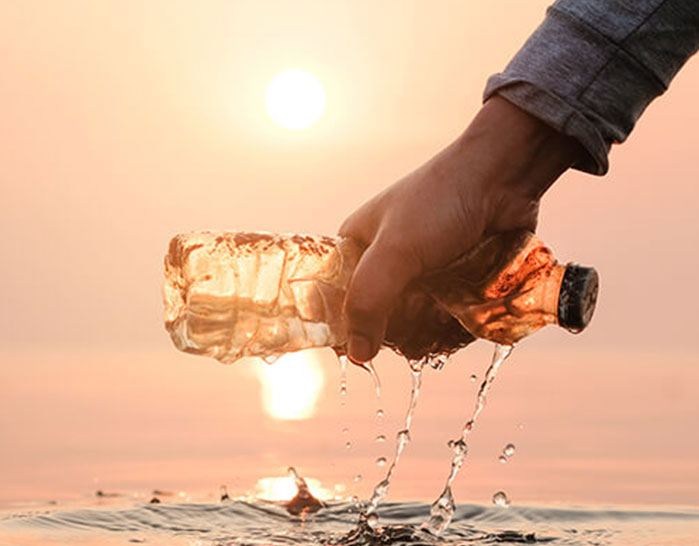
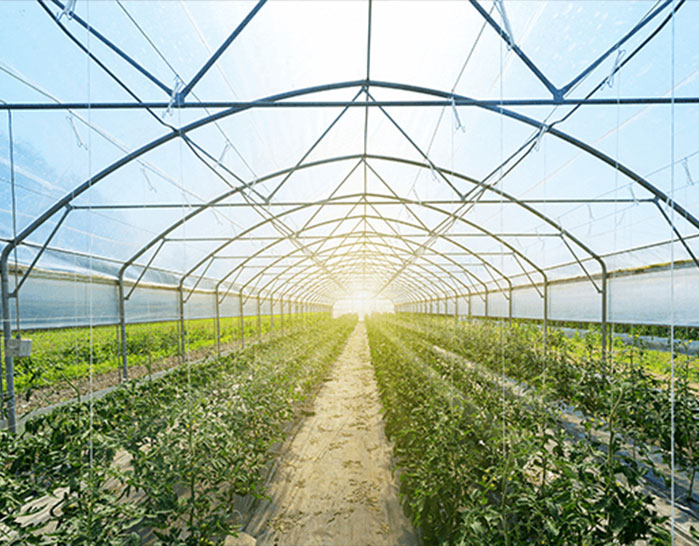
Birla Cellulose is Carbon Neutral in Scope 1 and 2 Emissions
Birla Cellulose has evaluated its greenhouse gas (GHG) emissions across its entire global operations. We are the first company in the MMFC industry to be carbon neutral in Scope 1 & 2 GHG emissions. This is a result....
We are the first company in the MMFC industry to be carbon neutral in Scope 1 & 2 GHG emissions. This is a result....
Read More
